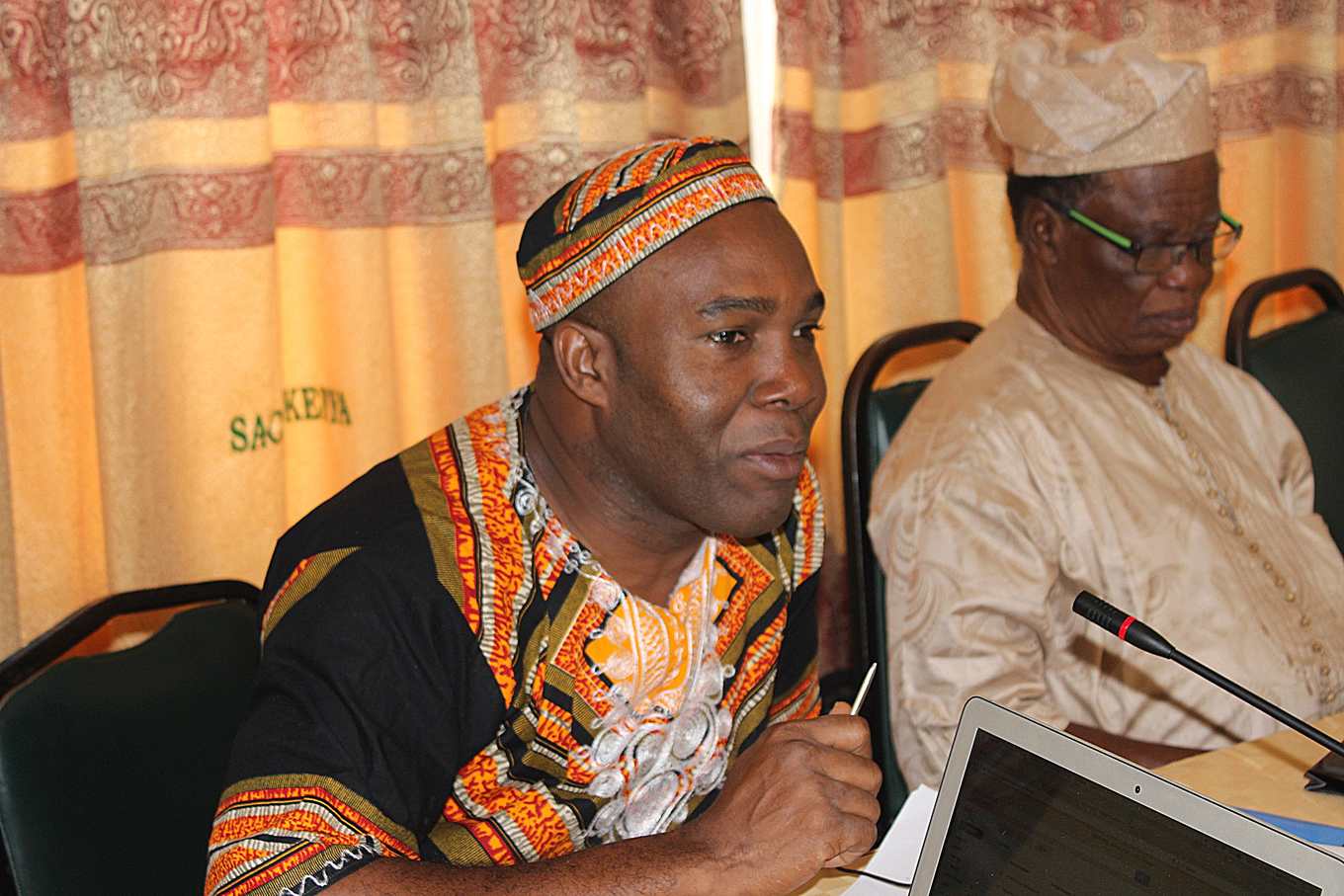Green Revolution crowds out African small Farmers, Hunger problem is unsolved │ African multinational Union promotes "food sovereignty" emphasizes health and human rights
Share401 +1 Tweet EmailShares 401
The agricultural "Green Revolution" that emphasized high yields came to Africa under the banner of hunger relief, but it did not bring vitality. The ancient continent remained dark, and more than 200 million people in sub-Sahara were still malnourished.
Million Belay, founder of the Alliance for Food Sovereignty in Africa (AFSA) and a researcher from Ethiopia at Stockholm University in Sweden, says the problem lies with the Green Revolution's measurement of "food security," which "focuses on production, not how or who produces it."
The solution to hunger ignores the situation of small producers, as if groping only in places with street lights, never finding lost keys without reaching into the dark.
In an interview with Upstream and Downstream during the second FAO workshop on Agroecology in Rome, Bi Lei said food security, although it also covers storage, transportation and circulation, still misses the point. It must be replaced by the concept of "food sovereignty," which "integrates environmental, cultural and human rights dimensions and promotes ecological agriculture to solve hunger in Africa."


Photo courtesy/AFSA
Food sovereignty aside, free trade is controlled by others
With the rapid development of science and technology and the international trade framework created by neoliberalism, agricultural products flow smoothly across national boundaries. Promoting agricultural trade in accordance with local endowments and the comparative interests of various countries is more in line with the benefits advocated by economics. Isn't it outdated to emphasize the self-sufficiency rate of food produced locally?
Bi Lei first clarified that "food security, although included in the food self-sufficiency rate, is limited within national boundaries." Food sovereignty, by contrast, is a broader concept. Moreover, the self-sufficiency rate of food does not touch on the quality and rights issues of agricultural products."
Even from the perspective of food security, over-reliance on imports and lowering the food self-sufficiency rate are fraught with risks. "The definition of food security refers to 'all the time', i.e. not just peacetime." Biley asked,"If there is any crisis, what happens to the countries that rely on imports when the original exporting countries refuse to supply or stop producing?" Major food-exporting countries also usually have the power to set prices, enough to influence economic trends."In other words, importing countries are putting food sovereignty in the hands of others."
Even for the same agricultural products, it is more difficult to control the quality and production process in foreign countries, and the cost of monitoring is higher.
There is also a cultural cost: "Countries that rely on agricultural imports often lose their agricultural culture." Many modern children think milk comes from supermarkets, not cows." Bi Lei believes that this mentality not only destroys culture, but also makes it easier to destroy nature. In his analysis, food sovereignty is not closed protectionism, but to show that under the current free trade structure, the weak side often has no freedom to speak of and is at the mercy of others.
As the saying goes,"To catch a man's heart, first catch his stomach." To paraphrase the global food and agriculture system,"seize a country by the stomach, and you seize the country."
Share401 +1 Tweet EmailShares 401
- Prev

Chen Xingzong / camphor trees who were rudely amputated, the sun-burning heat struggled to survive
Chen Xingzong / camphor trees who were rudely amputated, the sun-burning heat struggled to survive
- Next

Maogu Qingnong Lu Junwei returned to his hometown, a bloody and tearful father-son war + the history of self-cultivation and self-sale.
Maogu Qingnong Lu Junwei returned to his hometown, a bloody and tearful father-son war + the history of self-cultivation and self-sale.
Related
- A course of planting techniques and methods on how to grow carrots
- How to plant the latest tulips?
- Is it better to pick tea in the morning or in the afternoon? When is the best time for tea to be picked? what is the third or fifth tea?
- Launch Yuanxiao Happy combination Haocha + Tea Yuan healthy Taste
- Penghu Tourism "Fireworks 20 Parade with You"
- 2022 West Lake Happiness holds "Digital Revitalization Voucher" and draws iphone13 and laptop.
- Banqiao Fuzhou social houses are designed to change start-up combined with police elimination to create a safe and livable environment
- The convenient measure of "mechanical weeding" in Xinbei has been abused and the Agriculture Bureau has imposed heavy penalties on the illegal land consolidation.
- Changgeng University Joins Hands with Four Memory Factories to Rescue Memory Talent Shortage
- The list of Taiwan's top 100 MVP managers is listed by the Director-General of the Farmers' Association of Sanxia District.

